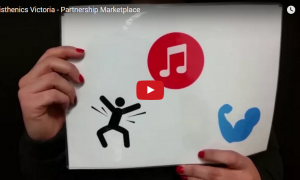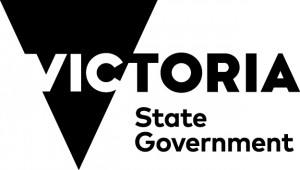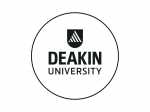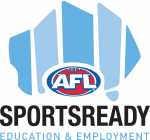Gathering Evidence to Plan For Sustainability
At the SSP/RSP Workshop and Project Sharing event on 16 May, guest presenter Jeff Walkley from Belgravia leisure highlighted the importance of having a solid evidence base to support planning for sustainability. His catch phrase “data is the new oil” is on the money because in the sports industry, data is being used with increasing levels of sophistication to support key decisions around program funding, partnerships and facility development.
An important part of working with communities who are less likely to be engaged in sport or physical activity is to speak to them directly to find out what kind of opportunity would appeal to them. Ways you could do this include:
- Partnering with other organisations whose members or participants represent the group you plan on working with.
- Conduct a come ‘n’ try activity and survey participants during and after the activities.
- Ask questions of friends, relatives or acquaintances in an informal setting.
You can combine your local area knowledge with available national and state research. There is a wealth of data available to sport administrators, including sport and physical activity research and population statistics and demographics. The following is not an exhaustive list, but provides links to some of the most commonly used and easily available data sources:
- Australian Sports Commission: Sport, a new fit. This research provides information about key consumer segments for adults, children, parents and volunteers and how they interact with sport. The ASC also partnered with the CSRIO to deliver the Future of Australian Sport report which outlines 6 megatrends that will impact the sports industry across the next 30 years.
- AusPlay provides data around participation rates in sport and physical activity for children and adults, as well as high level summaries of the key barriers and drivers to participation. Results and new data tables are release every 6 months.
- Physical Activity across life stages. VicHealth has identified five life stages that give insights for engaging Victorians in physical activity. The research found that there are five distinct ‘life stages’ which have common themes as well as unique attributes that influence physical activity behaviour. These stages are youth, young adults, parents, adults without children and retirees.
- The Centre for Sport and Social Impact is a research and evaluation program by La Trobe University which provides some excellent case studies about sport participation programs. An additional source of information is the Sport and Recreational Spatial program.
If you are looking for general population data to support planning for your programs, some useful placed to look include:
- The Australian Bureau of Statistics provides detailed data around Australia’s economy, people, health, industry, education and environment.
- .id the population experts are a consultancy who provide demographic services to many Victorian LGAs, and as result you can freely access some very detailed local area data.
- Many councils themselves have information about their local community. The best link to Victoria’s local councils is the Know Your Council Website.
The most important thing to remember is to ensure the data you use and information you gather relates to your specific target markets. Remember that, as part of your VicHealth funding and the evaluation by Latrobe Uni, your organisation is getting access to some great program data, feedback and information from your participants. Remember to keep reviewing dashboards from Latrobe Uni and using this feedback to support your program moving forward.
You may also be interested in...
Knowledge Exchange August
Case Study: Alfred Health Report

Alfred Health is proud to be reducing consumption of sugar-sweetened drinks through a series of nudge trials by changing placement and price of drinks
Knowledge Exchange September
Calisthenics Victoria

[youtube id="sZSn44UaiDs"] Find out more about Calisthenics Victoria's Cal-Ability Return to Knowledge Exchange or select your next article: Healthy Choices: Physical Activity: All: Healthy Canteen Road Trip Project X - Testing an untraditional format Vicsport Staff Update Outcomes of Nudge Resource Feedback Basketball - Walk don't Run Program Resources SSP/RSP Physical Activity: Customer Experience & Journey Calisthenics Victoria - Cal-Ability Wimmera Regional Sports Assembly - Family Feud
State of Change Model - How to 'Nudge' People Towards Healthy Eating
Creating Positive changes in one’s behaviour is something that takes time and goes through various stages before it can grow into an everyday practice


























